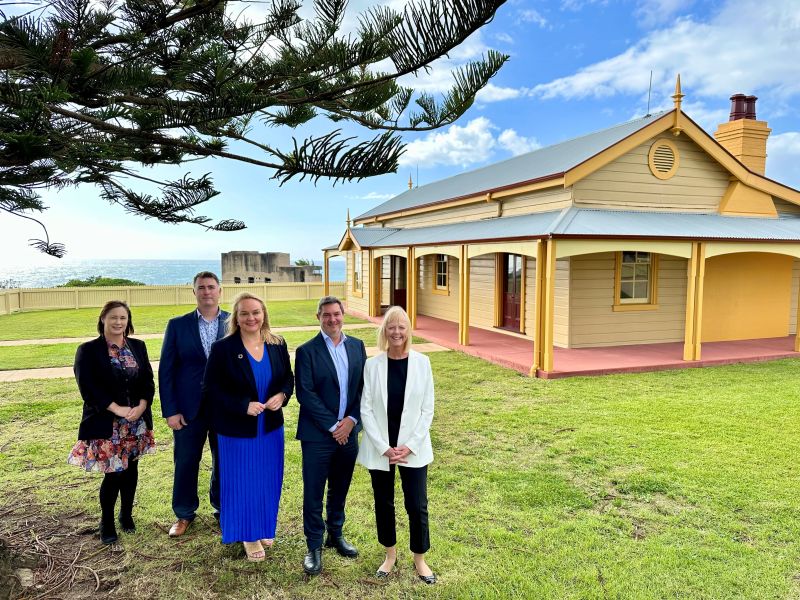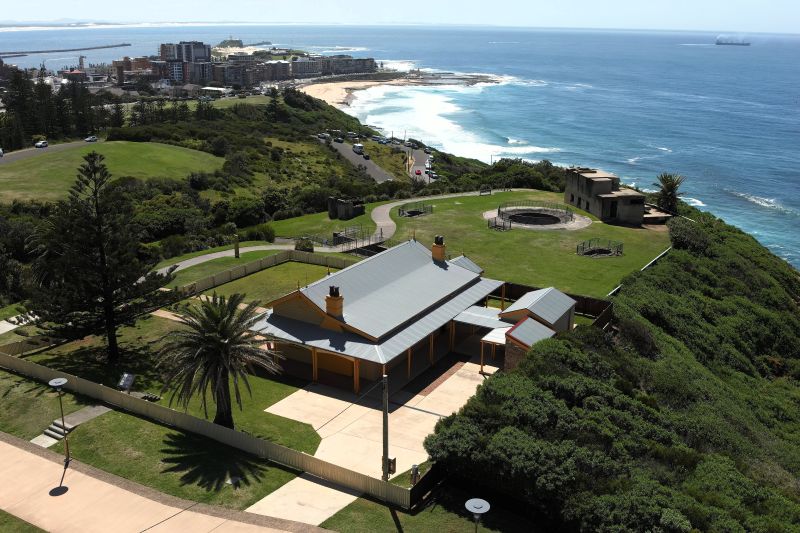Today’s Senate report confirms Labor and the climate-denying Liberals are backing new laws to fast-track gas projects and remove First Nations voices in what amounts to a broken election promise from Anthony Albanese, the Greens say.
Despite its own committee report recommending that the bill be passed, pressure is growing from environment, climate and First Nations groups, and rumours are swirling that amendments are being prepared as a fig-leaf for this deal.
It is understood that the Labor caucus was not briefed that the Bill undermines existing consultation protections. The rumoured government amendments – which will apparently mean that both the Environment Minister and the Resources Minister will jointly need to agree that changes to consultation requirements – will not fix the problem, instead simply requiring two signatures to quickly remove existing consultation rights instead of one.
However, the Greens say that any change made at the behest of big gas corporation Santos and done with the Liberals support would still amount to a broken election promise, given Labor vowed to strengthen environment laws and not weaken them.
In a ruling in favour of traditional owners, the Full Court of the Federal Court has declared the existing rules are clear and workable, but Labor is now seeking to circumvent the court decision.
Adam Bandt MP, Leader of the Australian Greens:
“Labor’s attempts to fast-track gas projects and take away Traditional Owners’ voices by weakening environment laws is a broken promise.
”Labor is working with the climate deniers in the Liberal Party to fast-track gas projects and weaken environment laws, rushing the bill through Parliament before the significance of its changes are discovered.”
“The government is now frantically trying to figure out amendments to provide cover for this dirty deal and placate furious Traditional Owners and environmental groups, all while publicly arguing that no amendments are necessary.
“Amendments are an admission Labor has got it wrong. Gas is as dirty as coal. No amendment to fast-track gas projects fixes the problem, whether it requires the signature of one Minister or two.
“The Greens will do everything we can, using every lever at our disposal, to prevent Labor and Liberal doing a dirty deal in Parliament next week.”
Senator Dorinda Cox, Greens First Nations and Resources spokesperson:
“Throughout this rushed committee process, we have heard from Traditional Owners who feel betrayed and devastated that Labor is trying to silence their voices,” Senator Cox said.
“Anthony Albanese and Tanya Plibersek have broken an election promise to improve environmental laws and promote First Nations voices, trying to sneak through these changes to weaken a consultation process that is already not fit for purpose on a totally unrelated IR bill.
“This committee process has been rushed in a weak attempt to avoid scrutiny, even as Labor itself seems to be realising that this power grab is unacceptable. Labor should delete Schedule 2 Part 2 from this bill entirely.”
Senator Sarah Hanson-Young, Greens Environment spokesperson:
“The Government promised to fix our environment laws this year, not weaken them. Any attempt to bypass environment law for gas expansion must be deleted from this proposed law.
“This Bill is supposed to be about strengthening workers safety, not weakening environment law. We should get on with the job of protecting workers rights, instead of pandering to the demands of the gas CEOs.
“We need to protect the beautiful beaches and coastline Australians love, not fastrack more pollution and destruction.

 Lord Mayor Nuatali Nelmes (centre) with City of Newcastle staff Sheridan Nickalls, Scott Moore, Nick Wells and Bronwyn Lawler outside the restored Shepherds Hill Cottage.
Lord Mayor Nuatali Nelmes (centre) with City of Newcastle staff Sheridan Nickalls, Scott Moore, Nick Wells and Bronwyn Lawler outside the restored Shepherds Hill Cottage. Aerial shot of the restored Shepherds Hill Cottage at King Edward Park.
Aerial shot of the restored Shepherds Hill Cottage at King Edward Park.